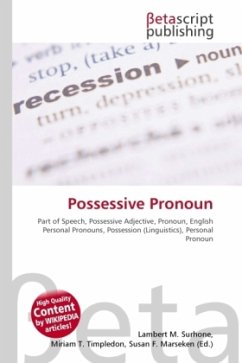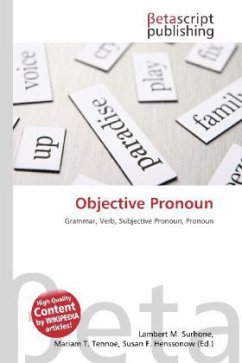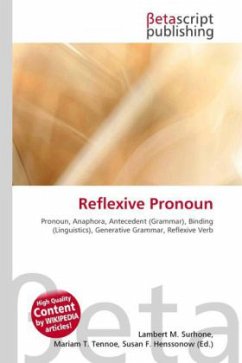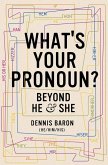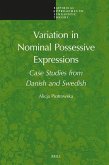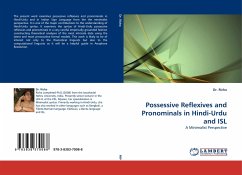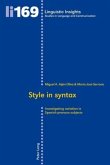High Quality Content by WIKIPEDIA articles! A possessive pronoun is a part of speech that substitutes for a possessive adjective and a noun. For example, in the sentence These glasses are mine, not yours, the words mine and yours are possessive pronouns and stand for my glasses and your glasses, respectively. Like other pronouns, possessive pronouns can thus obviate the need to repeat nouns or noun phrases. (Sometimes the possessive determiners ? my, your etc. ? are themselves classified as possessive pronouns; see Possessive adjective: Nomenclature.) There are seven possessive pronouns in modern English: mine, yours, his, hers, its, ours, and theirs, plus the antiquated possessive pronoun thine (see also English personal pronouns). The word its is, however, rarely used as such (almost always it functions as a possessive adjective).

